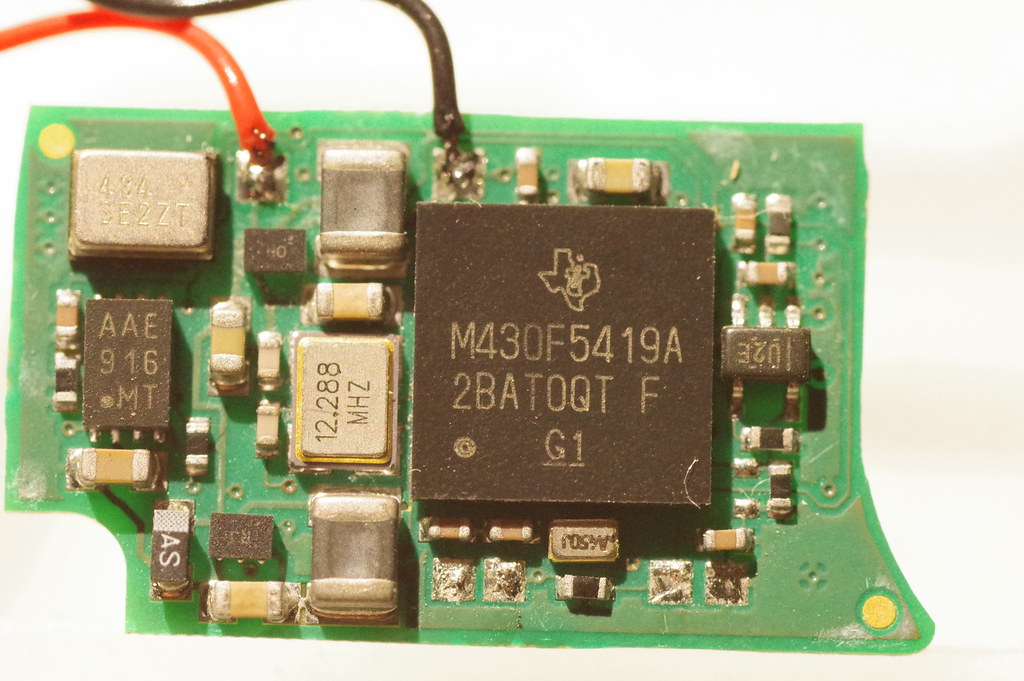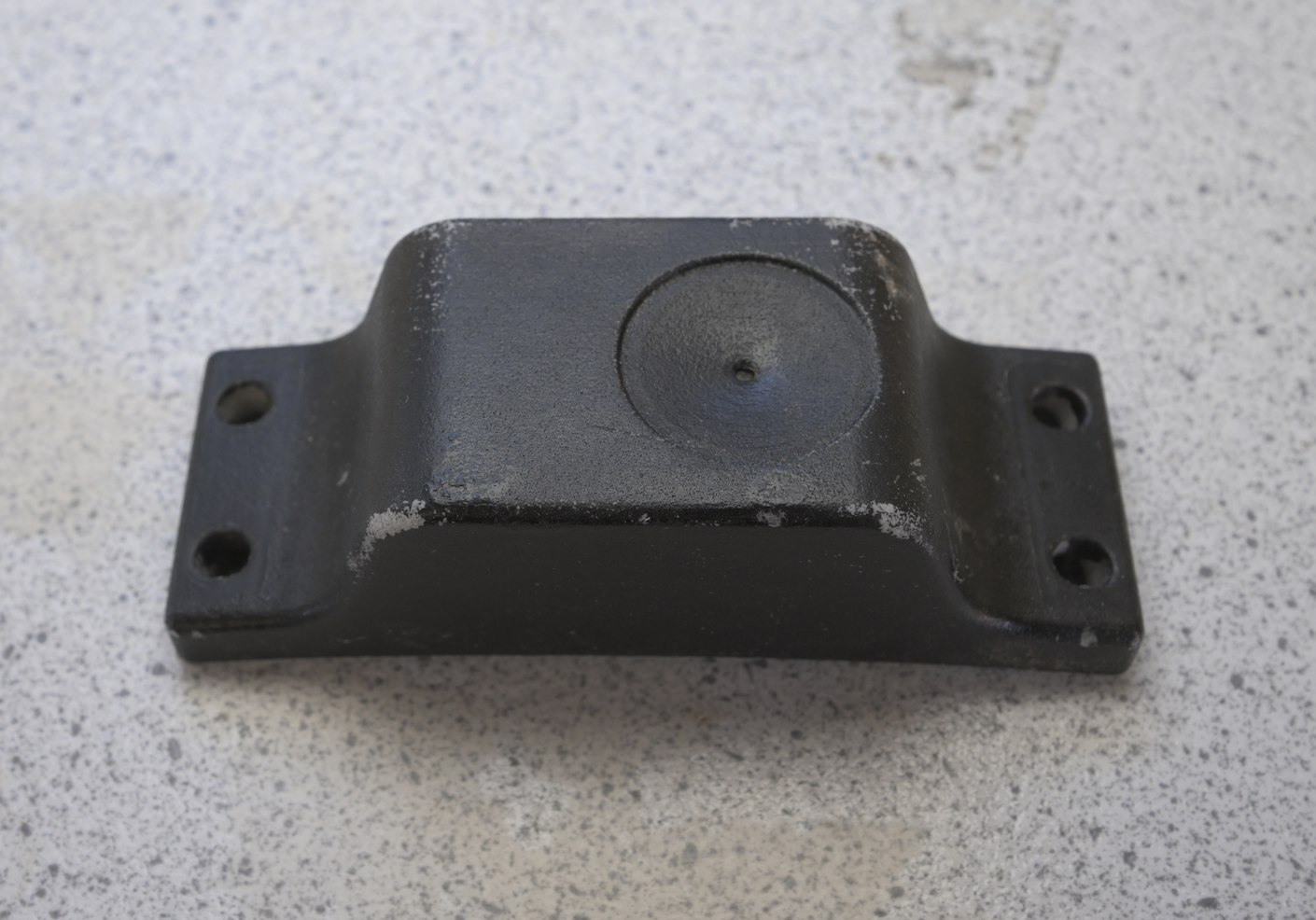Hi everyone,
I'm cooperating with a project that will be placing satellite collars on Eurasian lynx and their prey species. I have a PhD student starting this year who is interested in vocalizations, and this is the perfect opportunity to attach voice activated audio recorders to the collars.
Studd et al. 2021, did this successfully, but the recording devices they used are manufactured in Russia making them impossible to buy. I've seen publications that have used custom made devices on lions and hyenas (e.g., Wijers et al. 2020, Lehmann et al 2022), but I would prefer an off the shelf solution. I've looked at possible alternatives, but it is difficult to say whether they would be hardy enough to survive the cold and rain in Finland.
In any case, I'm hoping that someone has some experience and I'd be very grateful if you can point me in the right direction.
Thanks!
John
18 February 2024 9:22am
Super cool project!
If you supply them with Lithium Thionyl Chloride batteries like these https://saft.com/products-solutions/products/ls-lsh-lsp and keep them inside a waterproof casing with an acoustic vent like these https://selectronix.co.uk/collections/waterproof-acoustic-vents, your harsh envrironment should not be too much of a trouble.
Are you planning to drop off the audiologgers before the collars?
If so, you should have a look at https://onlinelibrary.wiley.com/doi/full/10.1002/ece3.10220

SensorDrop: A system to remotely detach individual sensors from wildlife tracking collars
Ecology & Evolution is a broad open access journal welcoming research in ecology, evolution, and conservation science, and providing a forum for evidence-based views.
We are using audiologgers on muskoxen in Greenland supplied by @schamaille
They are not sound activated but can be scheduled. We let them run continously and the two we got back (out of 7) one ran for 30 days and the other for a whopping 60 days on one Saft 17500.
Cheers,
Lars
BTW. I have asked for an "animal borne audiologger group" here at Wildlabs and I believe @StephODonnell said it would be considered...
19 February 2024 12:59pm
BTW. Those recorders made in Russia, I had one go through the wash and broke it. So I opened it up. The chip that it used for audio processing was extremely low power. I'll look it up sometime. I had an operating power usage of in the microwatts from memory (I think 300 micro amps and 1.5v or so) and a low power MPU and a flash chip. That's mostly it. I'm not sure if it's any better than the other ones, I thought the one used by Simon was also very low power. I actually bought some of these chips, but haven 't done anything with them yet.

Simon Chamaillé-Jammes
Centre national de la recherche scientifique (CNRS)
19 February 2024 7:40pm
Hi John,
as pointed out by @Lars_Holst_Hansen and @kimhendrikse we indeed have developed an audio/acc/mag logger that is not 'triggered' but works during whatever periods you define. It is really low power, although I know it's never low-power enough when you're collecting data!
And by the way, we had one deployed on a lynx in Slovenia by Miha Krofel - it worked great (despite a not-so-great-casing as I'm not used to 'small' animals ;-)), and Miha sent me some examples of very interesting vocalizations!
Reach out by PM or email if you want to know more.
23 February 2024 6:12pm
I'm interested to know the interest in more novel sensors in tracking collars. The improvements in solar and batteries we are seeing on some diurnal animals is providing excess power beyond what is needed for high-resolution tracking. Iridium is coming out with a large-data packet capability and there are several cell/non-terrestrial chipsets also announced for later this year. More power and data could be used to increase sensor options.
Is audio on collars something people want? Any other novel sensors on wishlists?



















Lars Holst Hansen
Aarhus University